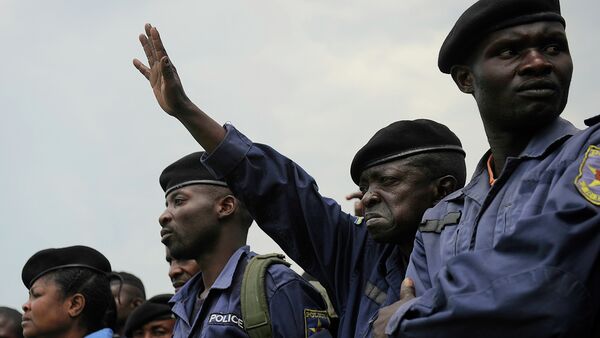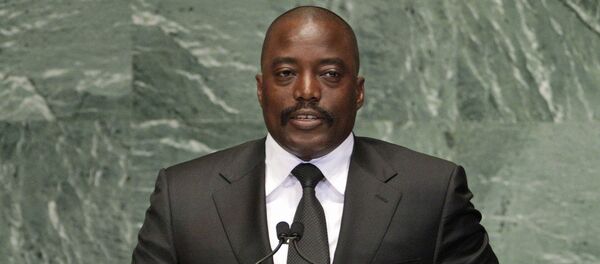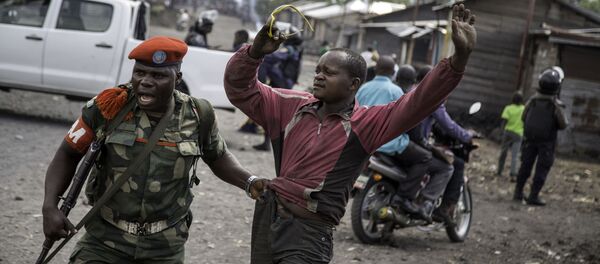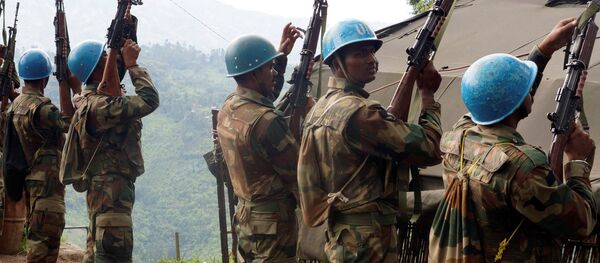The 69-page report, entitled "'Special Mission': Recruitment of M23 Rebels to Suppress Protests in the Democratic Republic of Congo," details how Congolese security forces brought in M23 fighters from neighboring Rwanda and Uganda to assist in cracking down on protesters.
HRW interviewed 120 people, including victims of the crackdown, their families, witnesses, activists, government and security officials and 21 M23 members.
"Covert operations to recruit fighters from an abusive armed group to suppress any resistance show how far President Kabila and his coterie are willing to go to stay in power," said Ida Sawyer, HRW's director for Central Africa.
"Congolese officials should end all unlawful use of force against protesters and allow peaceful political activities by activists and the political opposition."
The M23 fighters were reportedly integrated with security forces and deployed to the major cities of the DRC, including the capital city of Kinshasa. They were explicitly ordered to use lethal force on protesters by Congolese military officers.
The protests broke out in September 2016 after Kabila announced his candidacy for a third term — which violates the DRC constitution. His second term should have ended in December 2016, but he remains in power.
In early November, US ambassador to the UN Nikki Haley visited the Democratic Republic of Congo and called on Kabila and the Independent National Electoral Commission (CENI) to uphold their promise after the protests to hold elections in 2018.
"Kabila's refusal to step down as the constitution requires has plunged Congo into a political, economic, and human rights crisis that could have devastating consequences for the region," Sawyer said. "To prevent an already explosive situation from worsening, Congo's regional and international partners should press Kabila to step down and allow for credible, peaceful elections."
Already CENI has pushed the election back from early 2018 to the end of the year. They've cited numerous "constraints" that could further delay the election and stretch out Kabila's reign even further. Kabila's opponents have denounced CENI as scheming to unconstitutionally stretch out Kabila's presidency, and called for a transitional government without Kabila to be formed.
Ironically, the defeat of M23 is seen as one of the main successes of the Kabila administration. M23 was alleged to have been funded and organized by Rwanda, and in late 2012 they seized control over the city of Goma, the provincial capital of North Kivu and a major city. The Congolese military defeated them after a year of fighting that left almost 1,500 dead, and M23 surrendered.





